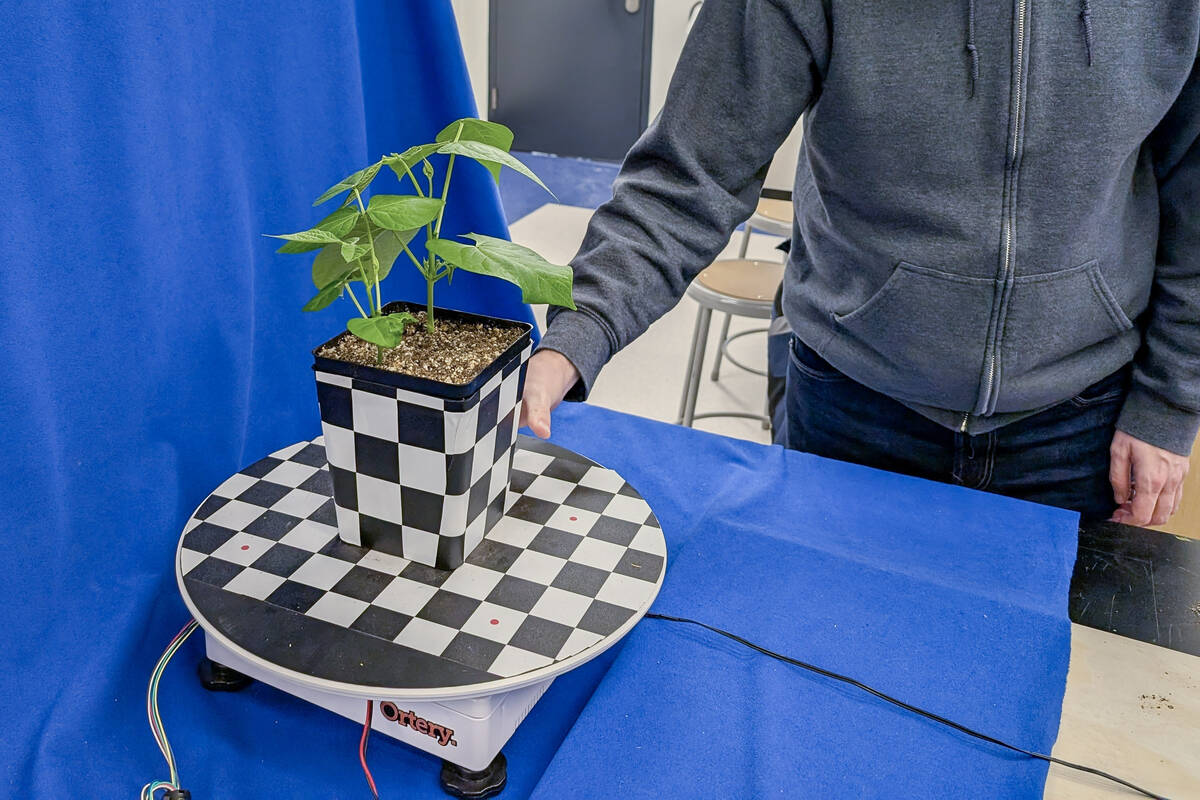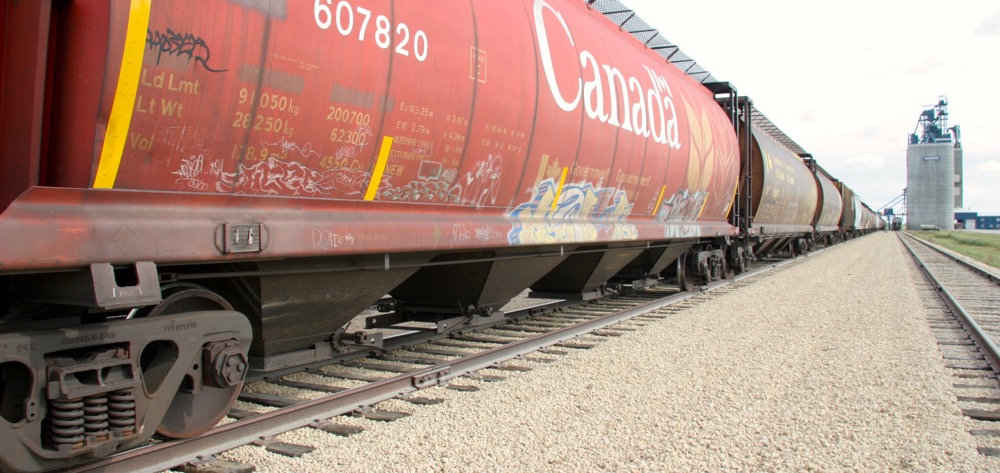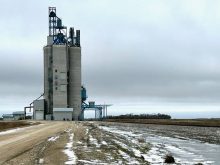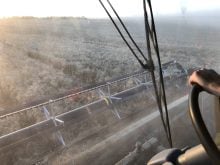The Keystone Agricultural Producers is calling for a middle ground on licensing producer car loading facilities.
In a submission to the Canadian Grain Commission, KAP is calling for no licence requirement for facilities that strictly load producer cars, but licensing for facilities that add dealer cars into the mix.
Historically ‘dealer car’ had a different meaning, but today it’s any car ordered by a grain company to ship grain.
And even though the second type of facility should be licensed, KAP adds neither should be required to have Measurement Canada-approved scales, nor should either be required to participate in the CGC producer payment security program.
Read Also

3D imaging takes guesswork out of wheat research
A Winnipeg-based lab is refining a tool that can create 3D renderings of wheat plants and give precise structural measurements for faster crop breeding.
“In particular, we oppose the requirement that these facilities install Measurement Canada-approved scales, as the associated costs of such a requirement could result in a reduction of loading sites made available to producers,” KAP wrote in the submission.
KAP also recommends the CGC license agents working for elevator companies.
KAP has a nuanced take on regulating feed mills. It recommends exempting feed grain buyers that purchase less than $5 million a year directly from producers. However, KAP wants the CGC to create a ‘feed mill’ licence for feed grain buyers that purchase between $5 million and $10 million annually. Feed mills in this category would have “reduced reporting requirements,” easing their regulatory burden.
KAP recommends companies buying $10 million or more worth of feed grain a year directly from farmers be licensed as process elevators.
KAP wants the CGC to “ensure that licensing requirements for feed grain buyers present as little financial and administrative burden as possible, while still providing adequate default protection to sellers and continue to work toward a new payment security mechanism.”
To that end KAP recommends the federal government reintroduce Bill C-48 (2015).
The proposed amendments were intended to allow the CGC to create a new producer payment security program. The current plan requires CGC-licensed grain buyers to post enough security, often in the form of bonds, to cover what farmers are owed for their grain. KAP says the cost of that is passed back to farmers.
KAP has been lobbying for the CGC to license feed mills and compel them to post security since 2012, after Puratone went into creditor protection.
“This left several KAP members with as much as $300,000 in losses due to their inability to collect payments,” KAP submission says. “Following this occurrence, KAP members passed policy requesting that the exemption from CGC licensing for feed grain buyers be eliminated.”
However, KAP adds that it wants small feed mills buying grain for their own livestock-feeding business to remain unlicensed.
The CGC proposes exempting operations that buy less than 5,000 tonnes of feed grain a year, but KAP recommends using the value of feed grains purchased to determine the proper licence.
“For operations purchasing between $5 million and $10 million, and classified as ‘feed mill,’ we would recommend that the CGC apply less stringent reporting requirements than those applied to operations classified as ‘process elevators,’” KAP’s submission says. “For feed purchasers buying $10 million or more of grain per year, KAP recommends proceeding with ‘process elevator’ licence requirements. This framework would allow purchasers of less than $5 million worth of grain to continue without the undue burden of licensing requirements, fees, and tying operational dollars up in securities. Moderately sized operations would be required, under a ‘feed mill’ licence, to post security but have fewer reporting requirements. Larger operations would be bound to all the requirements of a ‘process elevator’ licence.”
KAP says producer car loading facilities don’t need to be licensed by the CGC “because we do not believe there is sufficient risk to farmers using the site for grain delivery to justify the burden and costs associated with a CGC licence.”
By definition producer cars are loaded only with farmer’s grain and grain ownership doesn’t transfer from the farmer to the buyer until the car is unloaded at its destination.
“We respect the CGC’s concerns regarding the collection of accurate grain shipment data and grain safety, but are confident that such concerns can be assuaged through co-operation, as opposed to licensing,” KAP wrote.
KAP also wants agents working on behalf of grain companies to be licensed.
“They (agents) too ought to be held to the same standards of accountability as the licensees/purchasers they serve,” KAP’s submission says. “Therefore, it is in the best interest of producers to ensure that agents accepting their grain provide them with adequate security, at the levels deemed appropriate by the CGC in relation to the degree of liability incurred by the agent.”


















